Search

Grasshopper Activity Is Ramping Up
We have already observed increased grasshopper activity in many areas of the state and, depending on the 2022 season, they may become problematic in crops.
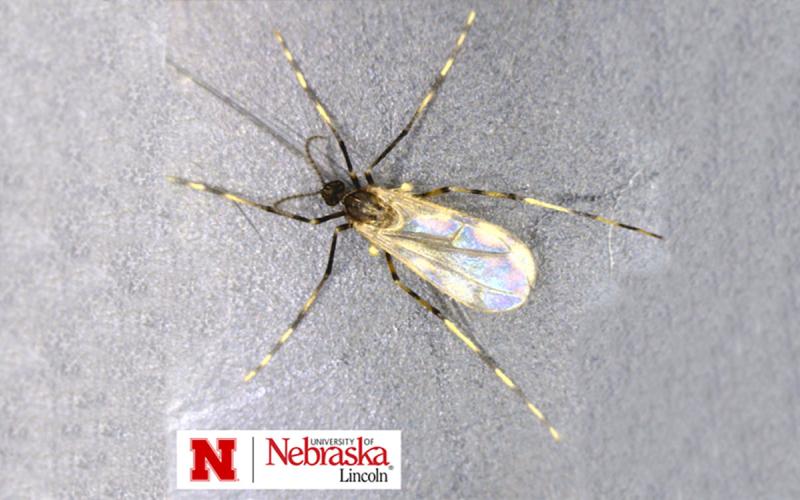
Soybean Gall Midge Adults Detected in South Dakota
Soybean gall midge emergence was first detected in South Dakota two weeks ago, during the week of June 13 -17, 2022. Emergence continues to be slow, with the only observations in southeast South Dakota.
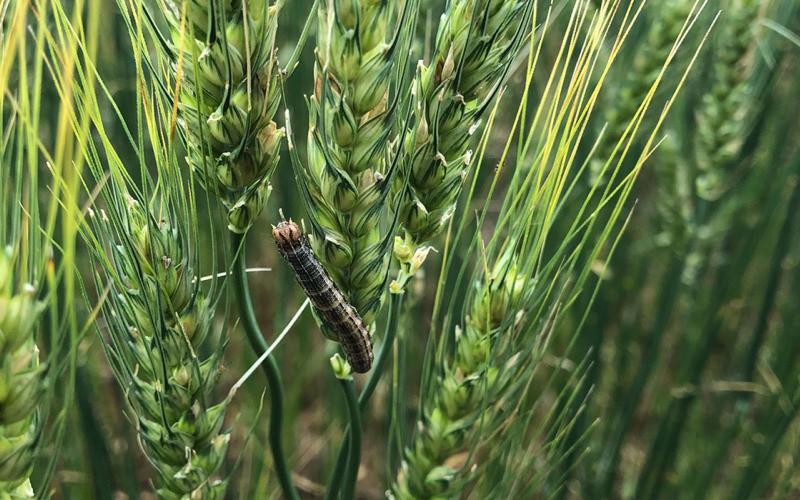
True Armyworm Caterpillars Spotted in South Dakota
While scouting this week we observed some very small true armyworm caterpillars. Every year these caterpillars pose a threat to wheat fields, and the best way to stay ahead of them is to start scouting before defoliation is done.
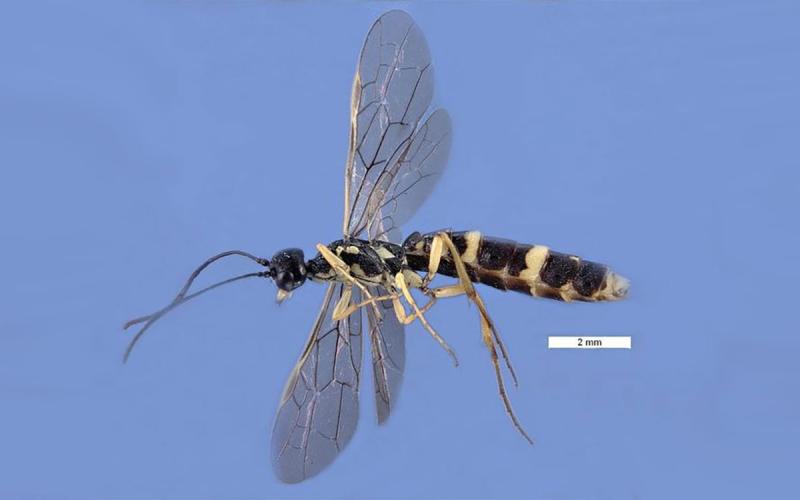
Wheat Stem Sawfly: An Overview
In recent years, the northwestern and north central regions of South Dakota have struggled with the presence of sawfly populations in wheat fields. Learn some tips for identifying and managing them in wheat.
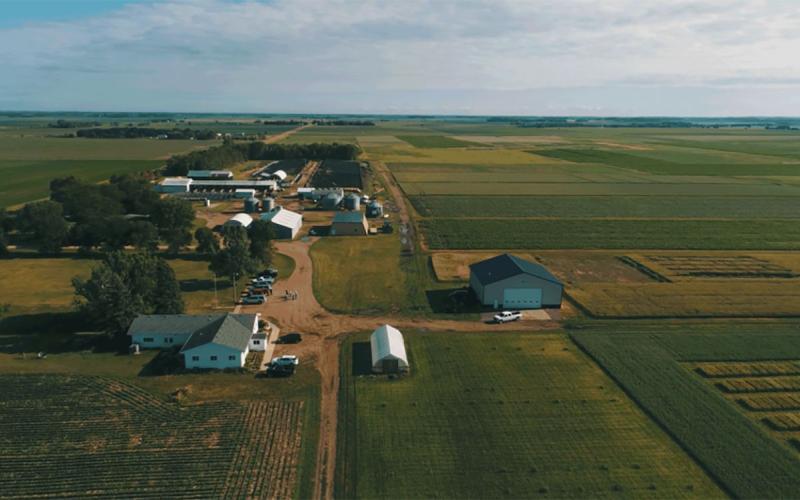
South Dakota State University’s Southeast Research Farm to Host Annual Field Day July 12
July 07, 2022
The South Dakota State University Southeast Research Farm will host its annual field day on Tuesday, July 12, beginning at 1:00 p.m. CDT.
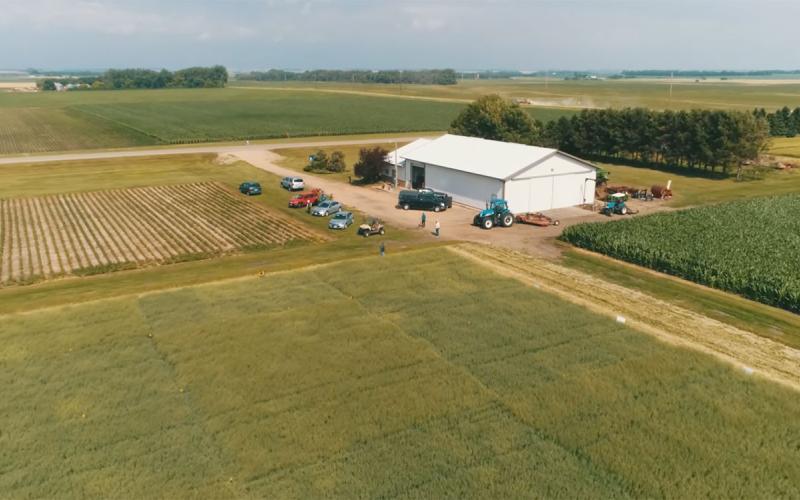
South Dakota State University Northeast Research Farm to Host Field Day July 14
July 07, 2022
The South Dakota State University Northeast Research Farm will host its annual field day on Thursday, July 14, at 4:30 p.m. CDT.
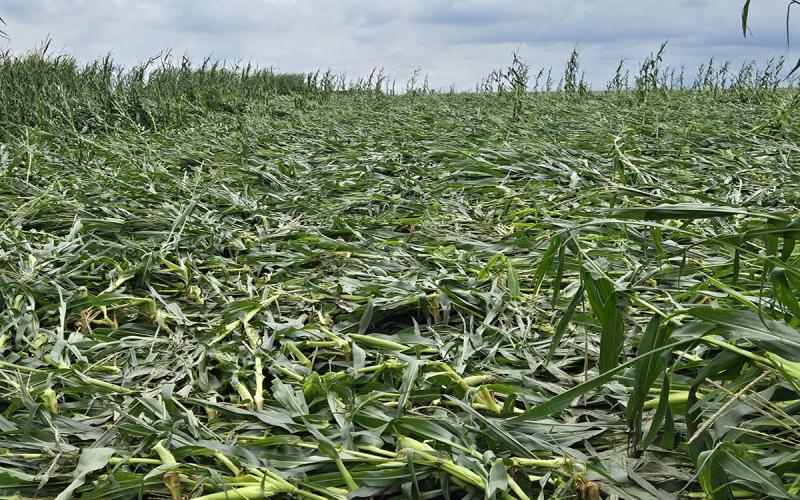
Wind Injury in Corn
In the aftermath of severe weather, levels of wind damage in corn can vary greatly from field to field. How plants recover largely depends on wind velocity and corn growth stage.
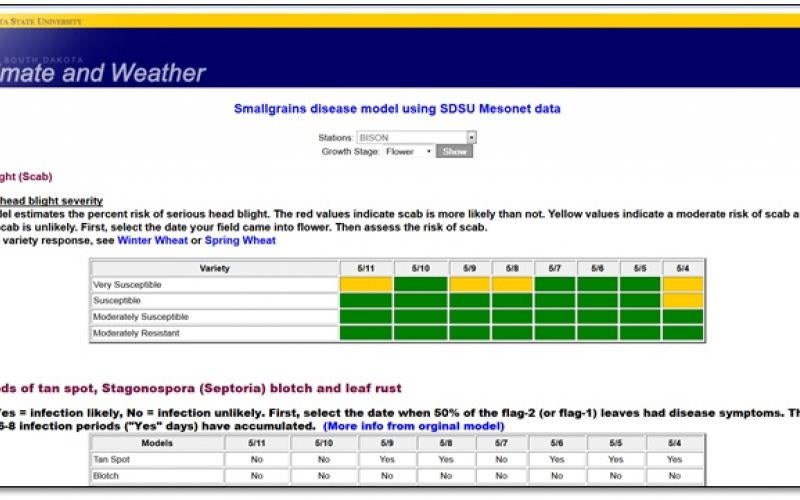
The Small Grains Disease Forecasting System Could Save Producers Money
The South Dakota State University Small Grains Plant Pathology program has partnered with the Small Grains Plant Pathology program at North Dakota State University to deploy a small grains disease forecasting system for South Dakota. The system uses weather variables including rainfall, temperature, and relative humidity to predict the likelihood of disease development. This new tool has the potential to save growers money by helping them avoid unnecessary fungicide applications, or knowing when to apply a rescue fungicide treatment.
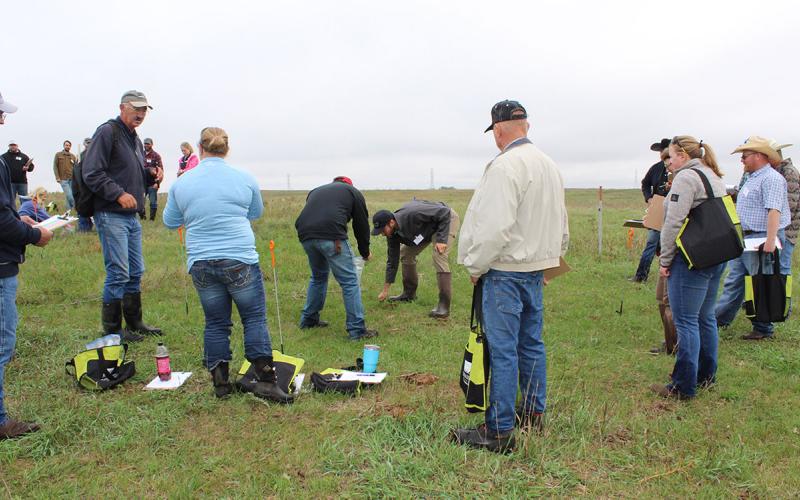
Eastern Grazing School to be Held July 26-28
July 12, 2022
The South Dakota Grassland Coalition, through a partnership with SDSU Extension and others, will host the Eastern South Dakota Grazing School July 26-28, 2022 near Marvin, South Dakota.
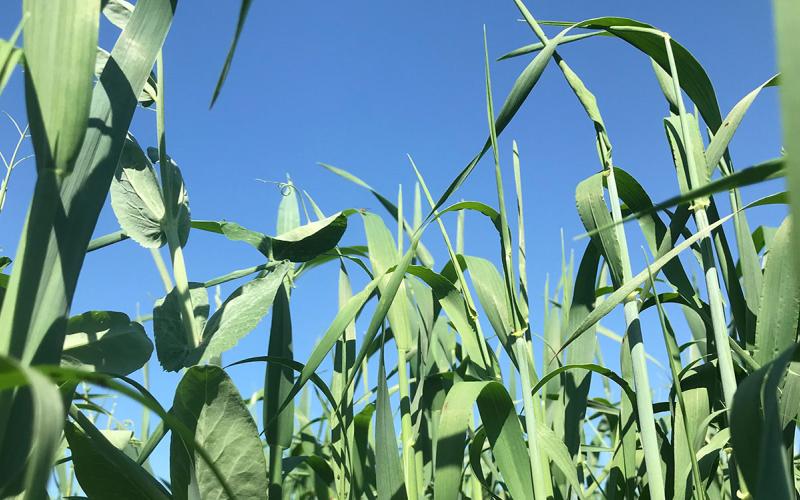
Forage Field Day to be Held Aug. 4
July 15, 2022
SDSU Extension and Nebraska Extension will host their collaborative 2022 Forage Field Day at the University of Nebraska Haskell Ag Lab on Thursday, Aug. 4, from 10:00 a.m. to 4:30 p.m. CDT.